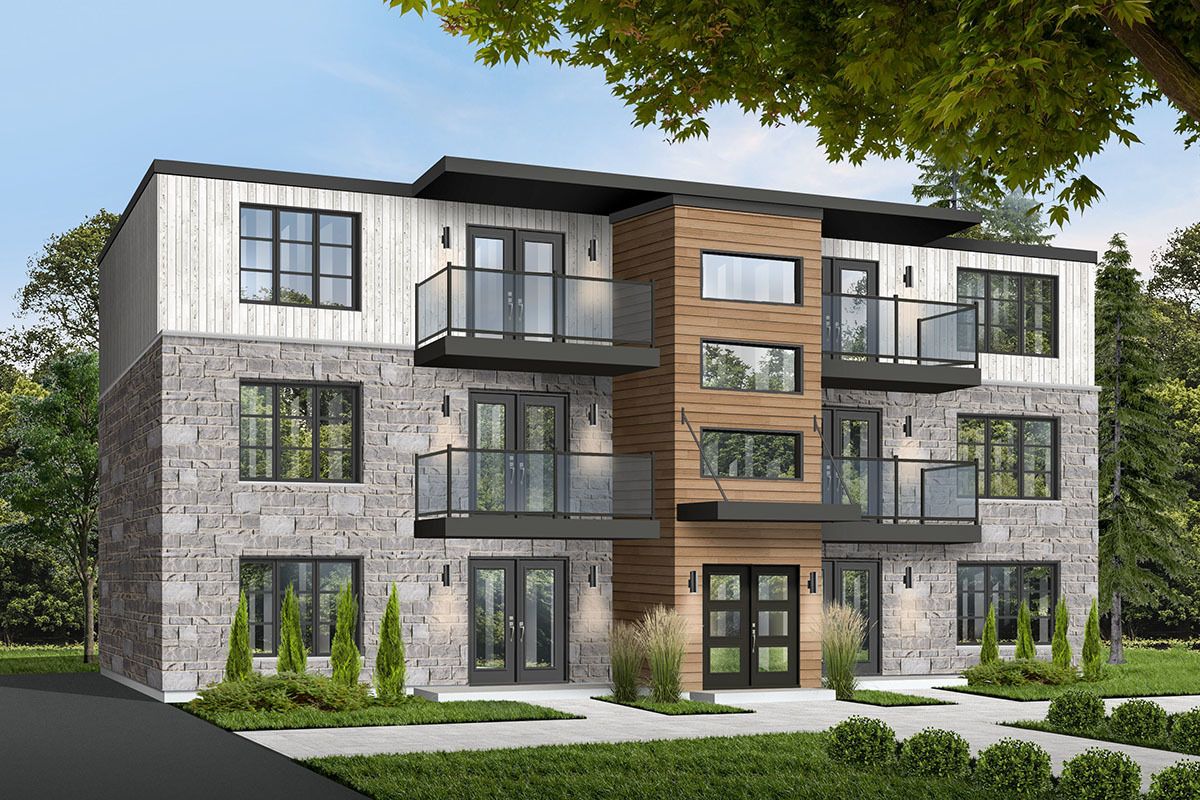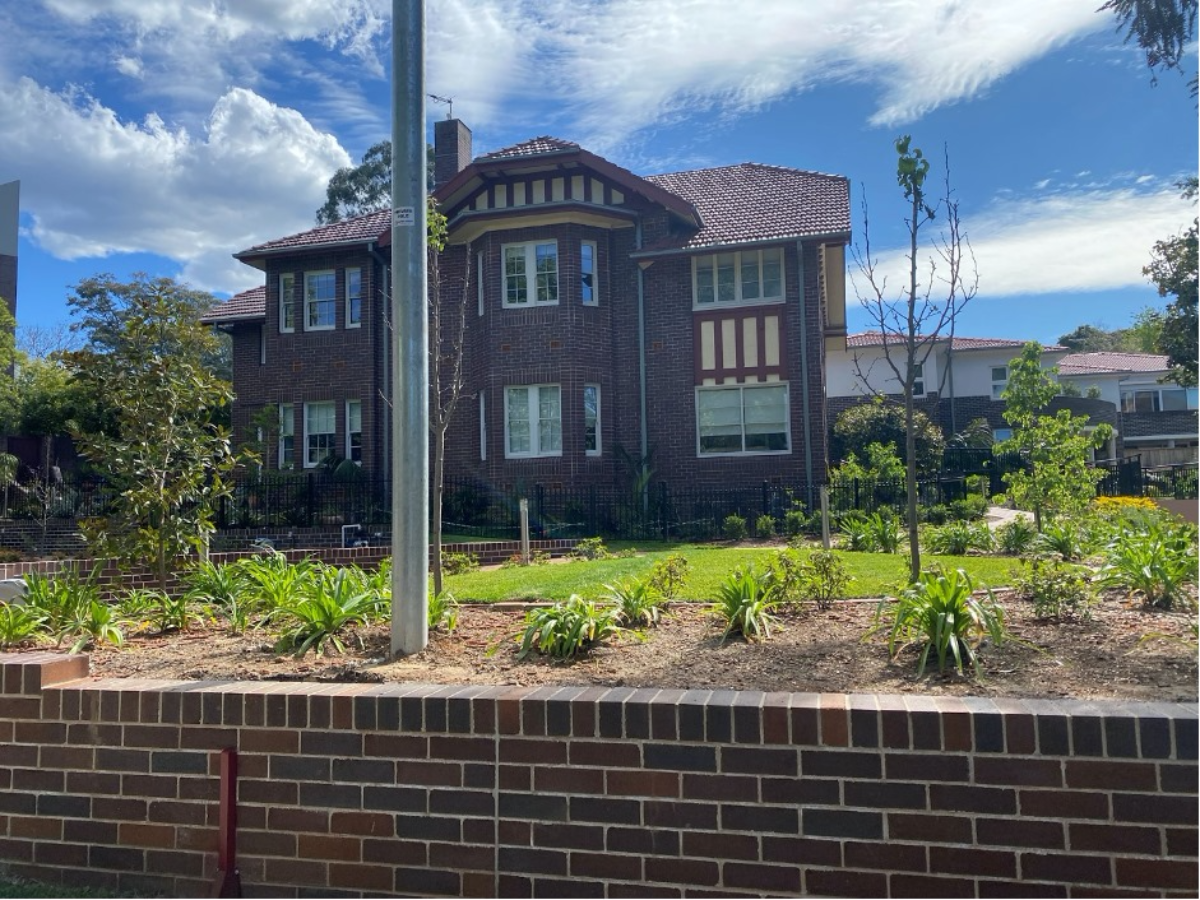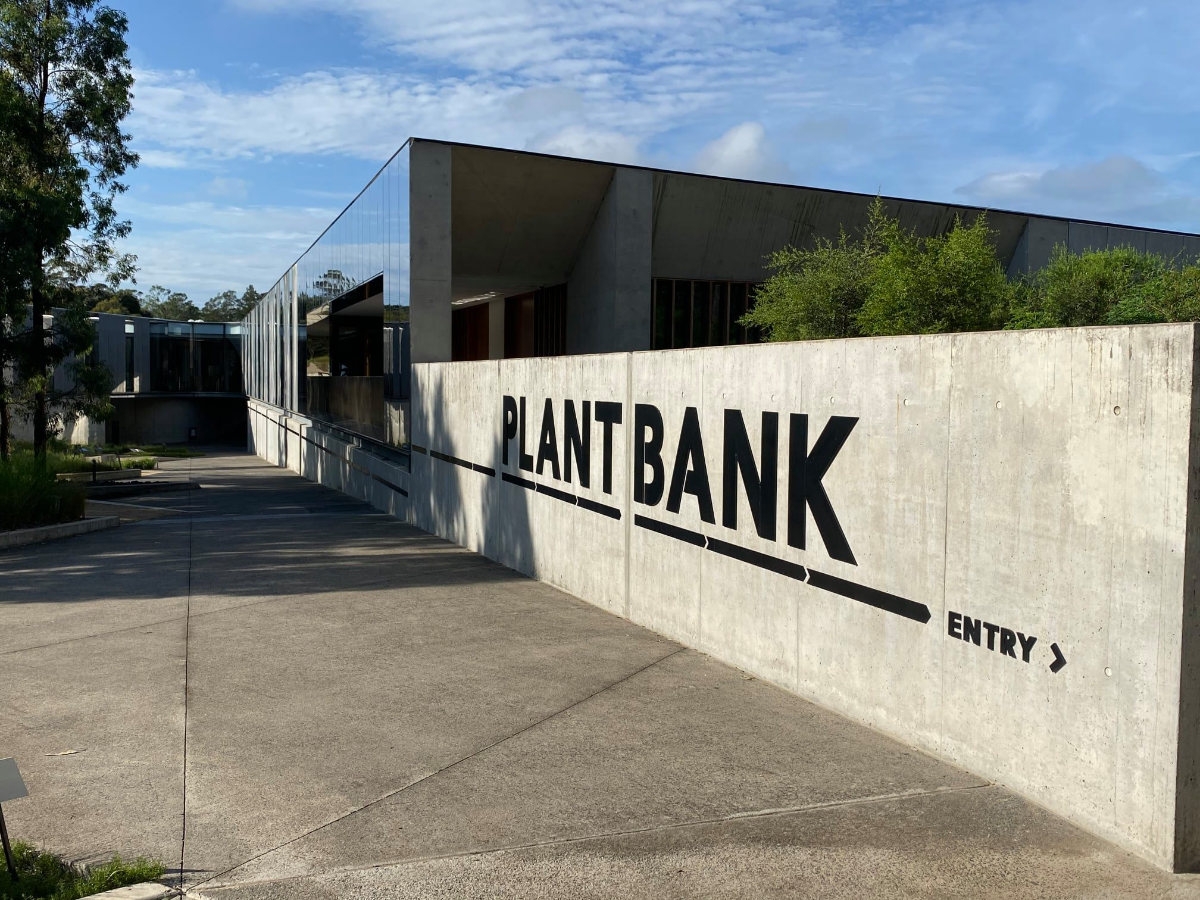
- March 5, 2021
- Effective Building
- 0
Having a newly constructed home is an exciting part of life. You get to live in a “clean slate” where no one has before and enjoy the benefits of a floor plan laid out specifically to your liking.
But if you’re like the thousands of people who think that just building or buying a newly constructed home is enough for you to have worry-free home ownership, think again. Many things can go wrong in a new build that you may not be aware of, and that may not be caught by an inspector dispatched by the local building department to look for code violations.
“I never thought I’d have to hire a professional to inspect my brand new home,” you may say. But in fact, a house inspection isn’t just for homes that are pre-owned or a few years old. It’s actually a good idea to get a newly constructed home inspected by a professional home inspector who you go out and hire yourself. Here’s why.
Why a Newly Constructed Home Need Inspection?
Although we’d like to believe that newly constructed home has no issues with them because they’re new, the reality is they often do. While the issues may not be as apparent as a leaking roof or failing furnace, some newly constructed home buyers– and customers of contractors who build the house for them – would do well to hire their own professional inspector.
Do your homework and then interview a home inspector. Prior to the new home walkthrough, ask the inspector(s) that you’ve chosen about their licensing, professional affiliations and credentials and whether they have errors and omissions insurance.
Last, make sure you’re there during the home inspection. The written report you get from the inspector after the inspection will not give you a clear picture of your home’s condition as if you also are there in person during the inspection.
The Benefits of Newly Constructed Home Inspection
While a home inspection does cost a few hundred dollars, it’s money worth spending. Here are some of the benefits of getting a new-construction home inspection.
1. Repair Defects on Builder’s Dime
One of the best reasons to have your newly constructed home professionally inspected before you pay your builder and occupy the house is to catch issues before you are responsible for the repairs.
Things like wiring and plumbing issues are especially common with new construction and can cause difficulties when you go to plug in your appliances or add a new light or fan.
Here’s an example of what could happen: John and Suzette moved into their newly constructed home a little over a year ago. They were in on the plans and were quite pleased to have the closet space and kitchen they had always dreamed of. They decided to forego the inspection process because they knew the builder had scheduled a municipal inspector to check the house before they were free to move in.
When they moved in last summer, it had been a cooler year. But the summer of this year was much hotter, so Robert and Susie got a fan to circulate the air throughout the house. One day, Susie turned on her hairdryer to fix her hair while the fan was going and pop! The breaker tripped, making all of the electricity in the back half of the house go out.
Since it had been over a year, the house was no longer under the warranty period. That means they had to pay for an electrician to come out and fix the wiring so they could run their fan and other appliances without worrying about half of the power in their house going out. The repair bill was well into the thousands. If they had only spent the few hundred dollars for an inspection before they had moved in, they would have caught the issue and not had to pay for its repair.
2. Prevent Disasters
There are many areas of the house where home inspectors need to check some areas:
- Gutters that are not properly connected
- Missing or improperly installed flashing
- Settling cracks in the foundation
- Piping and/or wiring penetrations not properly sealed
- Insufficient foundation drainage and/or waterproofing
These are all recipes for future disasters that can be prevented with the help of your home inspector.
Tips For Buyers of Newly Constructed Homes
As a buyer of a newly constructed home, you can do a few things to make sure your purchase is a good one.
Use a Professional Inspector More Than Once
While scheduling an inspection before you move in is a good idea, it’s not the only time you should have your professional inspector poke around.
a. First Inspection: After the Foundation is Poured
The first time you’ll want to have an inspection is right after the foundation is poured. The inspector will be able to check for any cracks, settling, or issues with the concrete that are better addressed before a house gets built on top. The foundation is also best inspected when it’s completely exposed, meaning before it is backfilled and any walls go up.
b. Second Inspection: After the Framing and Plumbing
The second time you’ll want an inspector is once all the framing is up and the plumbing is run through. Your inspector will be able to check for any potential issues with the framing and plumbing before the walls are closed up, and the project becomes ten times more difficult to fix.
They should be able to take a look at the electrical. If this is not the home inspector’s expertise, then you need to find another who can do these tasks.
c. Third Inspection: Before Moving In
The third time you’ll want your inspector in is right before you move in. This is when an inspector can look for draining and sealing issues on the house’s interior and exterior.
On the exterior, the building inspector will make sure.
- That the roof flashing, including kick-out flashing, is there and installed correctly.
- That the windows and doors are all sealed.
- That there are no issues with water draining from the roof.
- That if you have any rock facing, it’s watertight and secure.
- That all the railings around porches and or decks are secure and properly installed.
- That the HVAC system, piping, and ductwork – inside and out.
On the interior, the inspector will check for many things. Among them:
- That all the plumbing lines run and drain well with no leaks.
- That gas pipes are sealed correctly, and there is no leakage.
- That no construction debris has clogged the furnace ductwork and that it is venting correctly.
- That all outlets are wired for proper polarity and grounding.
- That water pressure is satisfactory.
d. Final Inspection: Before Warranty Upon the House
The final check should occur right before your warranty is upon your newly constructed home. You want to make sure that nothing breaks or needs repairs right after your warranty expires, and you have to cover it out of your own wallet.
Final Thoughts on Newly Constructed Home
In this blog post, we talked about newly constructed homes. Having the newly built home inspected can help you feel secure before moving in. That way, you also get peace of mind knowing that your property is worth the purchase and occupy.
Follow the tips above on how to use a professional building inspection more than once for your newly constructed home needs. Choosing the best building inspector helps you to be at ease on your house’s exterior and interior.
For more information about building inspection services for newly constructed home, visit our Help Centre.
Suppose you are planning to work on multi-story units. In that case, you may find yourself wondering if you should Read more
Heritage buildings represent the history and culture of a nation. They constitute together the architectural heritage of an area. Heritage Read more
The Australian PlantBank is a remarkable new plant conservation laboratory at The Australian Botanic Garden in Mount Annan. It is Read more





